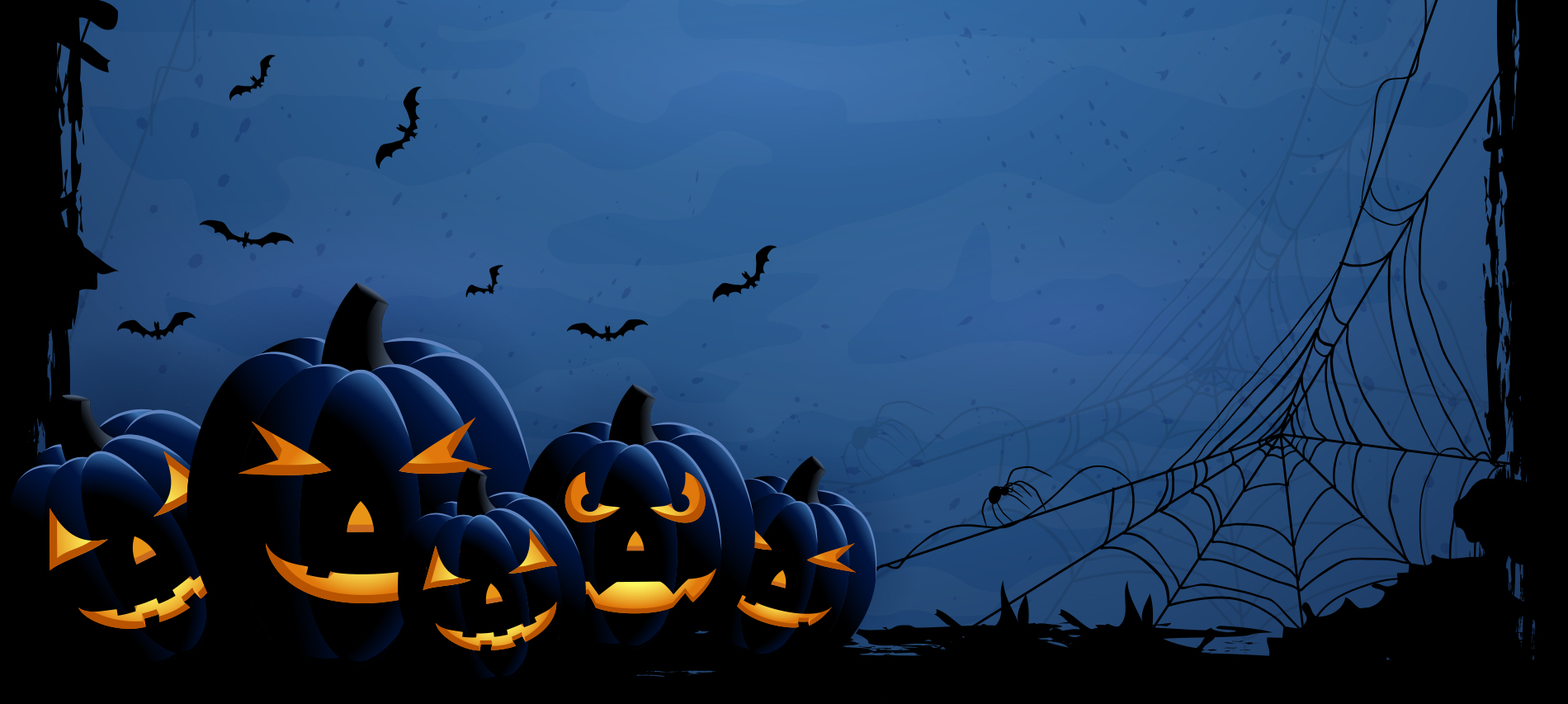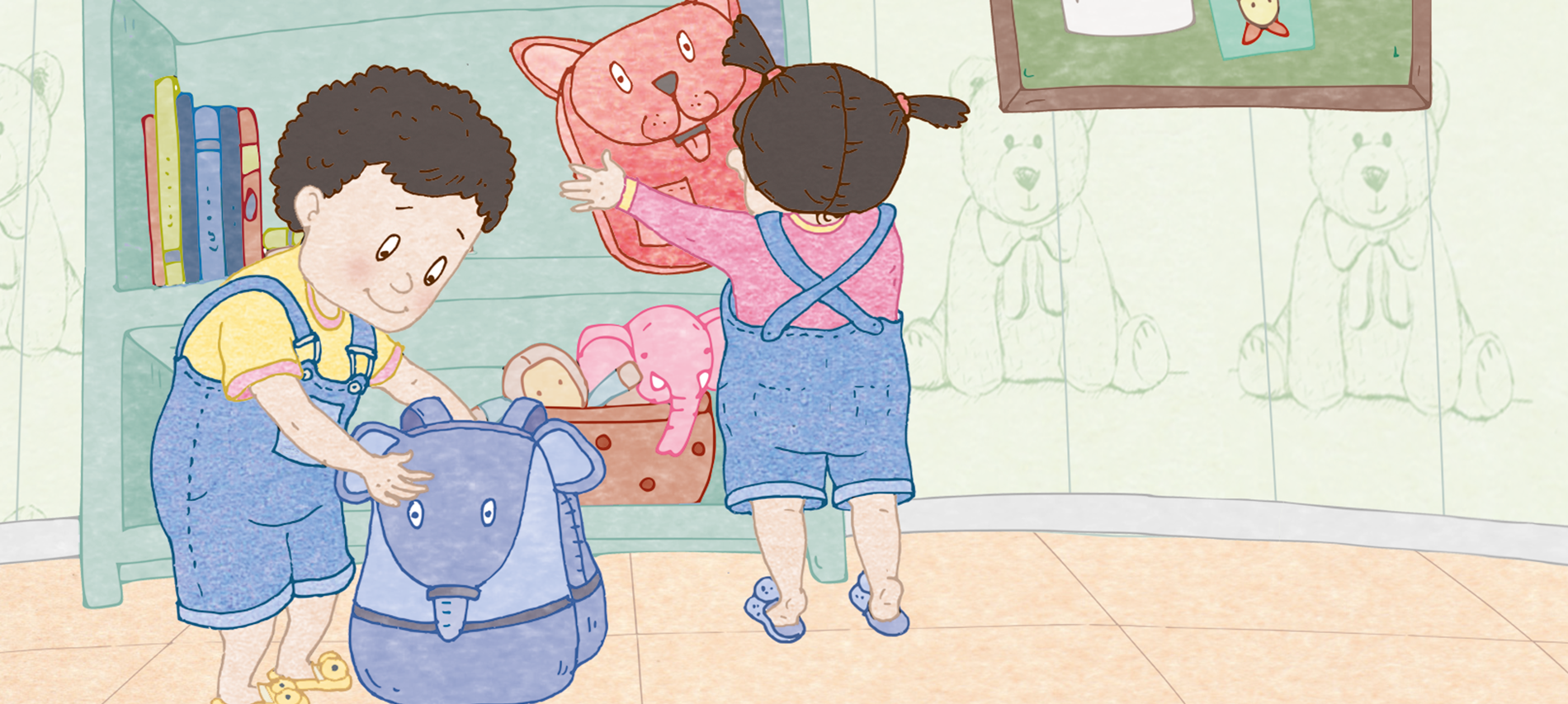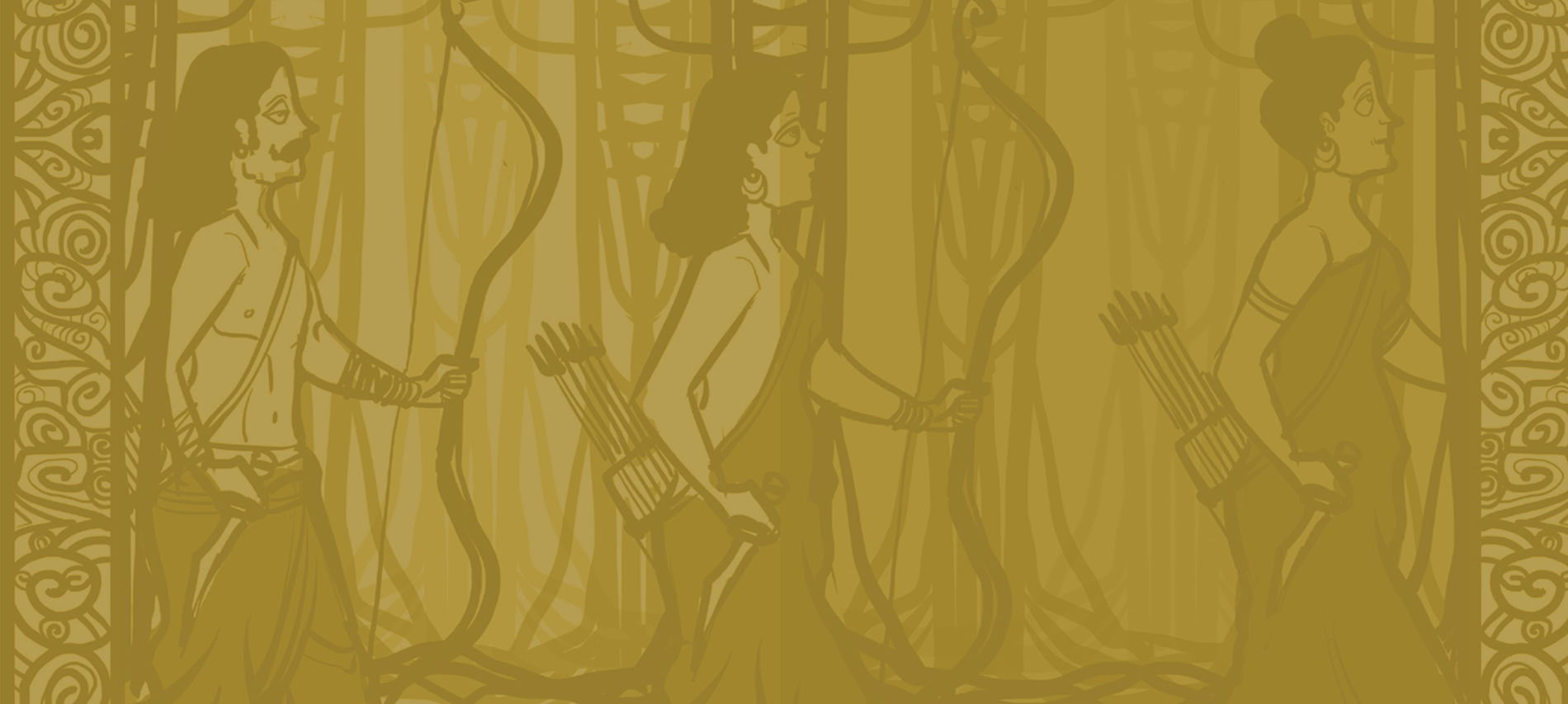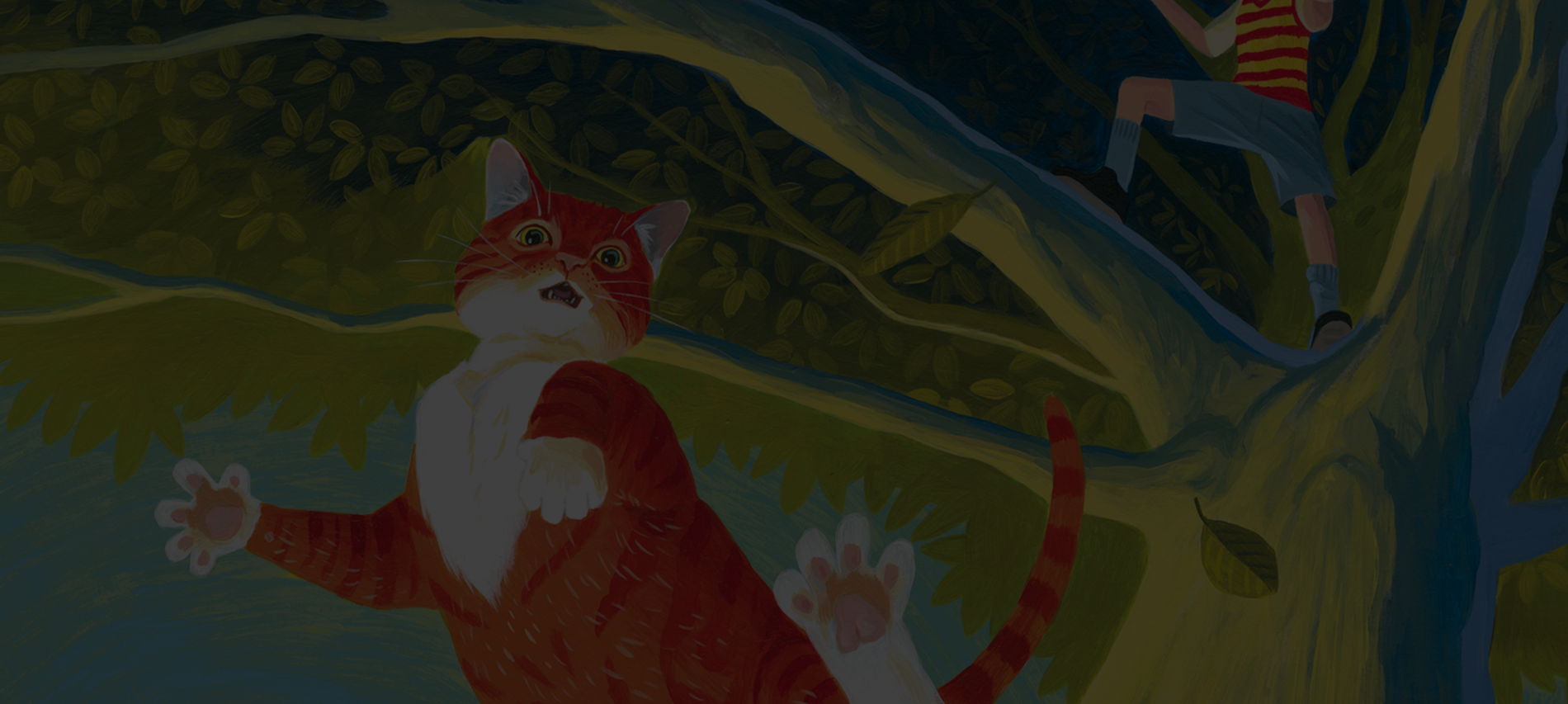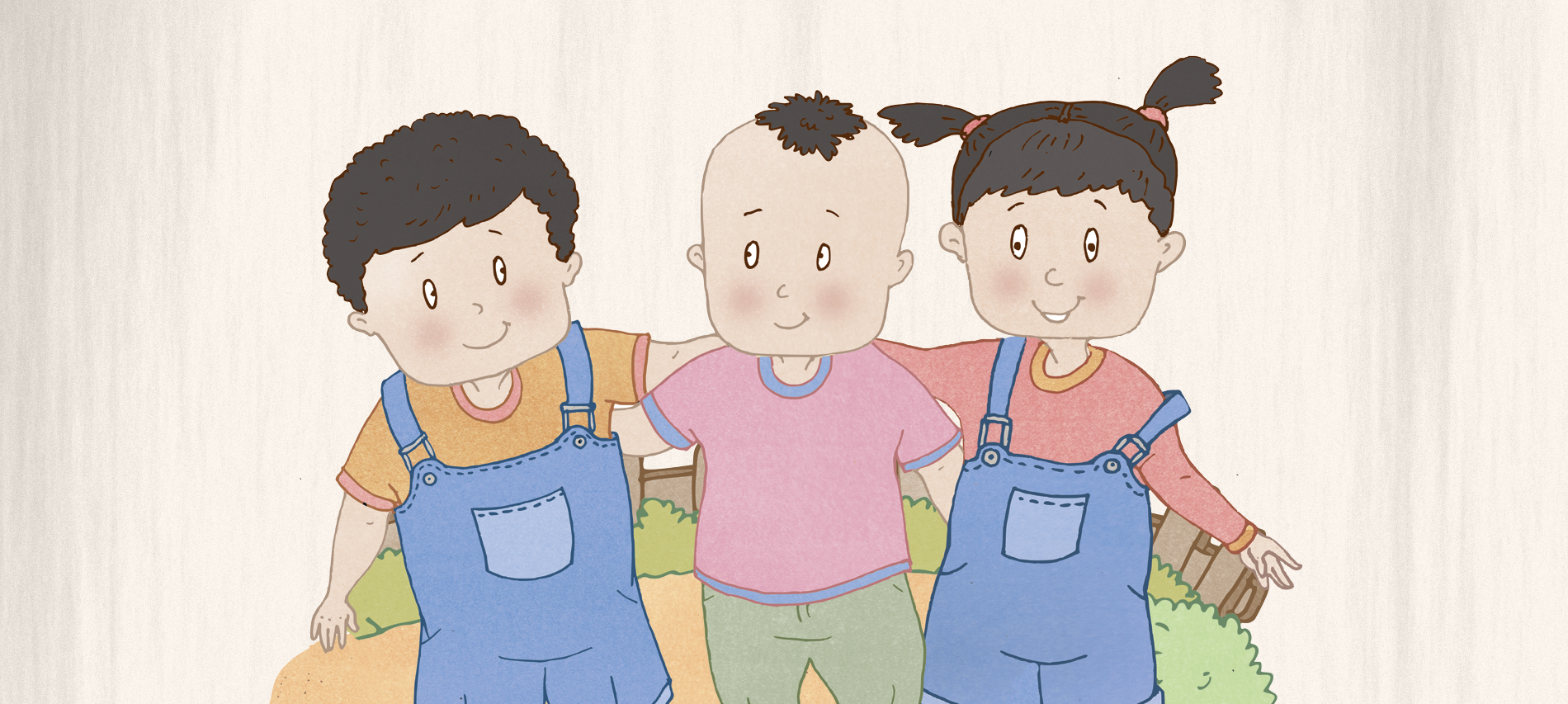Get ready for 13 ghostly, ghastly tales for bravehearts. Be prepared for eerie hauntings, dreadful happenings and creatures that go bump in the night. In this spine-chilling collection you will encounter a creepy spirit that occupies a deserted bungalow, the reincarnation of a goddess who wants the sacrifice of blood, an ominous swing that makes one fly far away into a dark, deathly world, and the sheer wrath of the dead. Read about a haunted school, a spooky wind-chime, a possessed doll and other supernatural elements that will take you on a nightmarish expedition into fear. Written by the best contemporary authors including Ruskin Bond, Jerry Pinto, Paro Anand, Subhadra Sen Gupta, among others.
Here’s a small excerpt from‘The Puffin Book of Spooky Ghost Stories’ for your child that is sure to fascinate them and make them want to read more!
Like Father Like Son — Paro Anand
Mr Anderson had stayed with us for three months. I’d got on very well with him. I think that was because both of us were slightly offbeat. He actually discussed stuff with me the way no other adult did. Although he worked in the Norwegian company where my dad worked too, Mr Anderson was also interested in the supernatural and other weird stuff. Not like most company executives who can be so stuffy.
In fact, that’s why he had come to India. He wanted to study Tantra and the exotic, mystical things that India is famous for. He also got very involved in yoga. There was an ashram in Bangalore that he visited once. He came back so excited about it that he put in an application for a year’s leave, and then called his wife and son in Oslo to ask them to join him.
He said he would take about a fortnight to settle down at the ashram and make arrangements for them to join him. ‘It’s wonderful there, Bhavani,’ he said to me one day. ‘You would love it. So peaceful. So spiritual. Like heaven on earth. If I were to die there, I would die a happy man.’
‘Oh, don’t say things like that,’ I protested.
‘Don’t you worry,’ he assured me. ‘Even if I go to the next world, be sure that I will contact you somehow or the other to tell you all about it!’ And he laughed that peculiar laugh of his. Almost as if he was neighing.
‘I must have been a horse in my last avatar,’ he joked to me once. He loved horses passionately. And then he would pull the right lobe of his ear, which was another one of his peculiar mannerisms.
Soon Mr Anderson left for the ashram, having bid us goodbye, promising to be in touch. But he never did; he just disappeared. Literally vanished off the face of this earth. Or so it seemed.
His wife called from Oslo about two and half weeks later to find out why he hadn’t called. We didn’t know, presuming all this while that he was safely at the ashram, settling in. But inquiries revealed that he had never shown up. The police department was duly informed, and a couple of months passed without anything significant being found. Dad’s company hired a private detective from an agency, but all they came up with was what we already knew: he had never reached the ashram. Somewhere between boarding the train and arriving in Bangalore, he had mysteriously disappeared.
Following this, Mrs Anderson called to say that she and her son were planning to come to India to try and carry out some search themselves. Naturally, they were wild with worry. And who could blame them? Dad and Ma asked them to come and stay with us.
So now I stood at the window of my newly clean room, awaiting Mrs Anderson and her son. I must admit that I had mixed feelings about this. On the one hand, I felt that it was quite an invasion of my privacy to have some strange boy in my room. I had to move to a couch in my parents’ room, while Mrs Anderson would sleep in the guest room. On the other hand, the idea of a possible mystery-laden adventure was thrilling. And on the third hand, if there is such a thing as a third hand, the idea of a thirteen-year-old Norwegian boy was exciting. With a little bit of luck, he might turn out to be, you know, something out of Baywatch. I knew that his name was Jan, pronounced Yarn, but I didn’t know much else. Somehow, Mr Anderson had been closed about his son, dismissing him with a ‘Oh! He has his problems’ type of remark.
The car drove up at last, and I went out to meet our guests. Mrs Anderson came out first; it was obvious that she was trying to be brave. Then I glanced inside the car to get my first look at Jan. My father was leaning in and supporting someone who seemed to be having trouble getting out.
Oh, he was blond and blue-eyed alright, but in such a faded sort of way that it was like some cloth that has been left out in the sun too long. Yeah, cloth-like was what he was. Limp, lightening-white skin, pain washed eyes and an almost boneless, muscleless body. Baywatch type he certainly was not. My heart sank as Dad put a supporting arm around him and brought him slowly out.
‘Jan, this is our daughter, Bhavani,’ Dad introduced me. Awkwardly, I held my hand out which only served to make things worse, for Jan’s arms continued to hang uselessly by his side.
‘Hello,’ he said, ‘I’m sorry, I cannot…’
‘Oh!’
Later, while helping Ma get the tea, I hissed, ‘What’s wrong with him?’ almost as if it were her fault.
‘He had an accident as a young boy,’ answered Ma, and went on to lecture me about how I should be good to him. ‘Be kind to dumb animals…’ I muttered meanly. His mother helped him eat, although he could manage a bite once he’d been propped up properly in a chair. I felt embarrassed just to look at him, let alone talk to him as Dad said I should, muttering under his breath in Hindi. Then an already embarrassing situation became worse when Mrs Anderson started to cry.
Things gradually did get better. At least the guy could talk. Ma and Mrs Anderson would go out frequently in search of clues which could help them trace Mr Anderson. And since we had our vacation, I stayed home with Jan. He talked quite a bit about his school, friends, music and stuff like that, but actually very little about his father.
Then one day the truth was out: the reason behind why the father and son hardly talked about each other.
It turned out that Jan had been born perfectly normal, the pride and joy of his parents. His father had always loved to ride, and wanted his son to be a champion horseman. But to his disappointment, his one and only son had no talent with horses. Let alone talent, he was actually terrified of them. The father couldn’t accept this. He continued to force him. Hard. Way too hard, against the boy’s wishes. Until . . . one day the boy fell from his horse while taking a jump. The accident left him damaged, half human, half vegetable.
The guilt and remorse on the one hand, and the resentment and frustration on the other, led to the father-son relationship being fragmented. Jan said that they hardly talked to each other, and I knew that they hardly talked about each other. ‘But when he disappeared,’ said Jan quietly, tired with the effort of having relived those painful moments, ‘I suddenly realized that both of us were being stupid. What was done was done. We should try to rebuild our relationship, forget the past. But now. . . now I don’t know if we’ll ever have the chance….’ Pain, regret and loss swam in his pale eyes as they filled with tears. But he didn’t let them fall.
‘I’m sorry… ’ said Jan.
‘Yeah, I’m sorry too,’ I said.
And then he did it. He pulled the lobe of his right ear, just as his father always did. I didn’t make a big deal out of it. At least not right away. After all, lots of kids pick up odd habits from their parents. It took me a moment to remember. Remember that he couldn’t lift his arms. He hadn’t been able to shake my hand when he arrived. Yet, his right hand had tugged casually at his ear, just as his father used to do. I looked carefully at him, but he didn’t seem to find anything strange in what he had done.
That night the weirdest thing happened. I dreamt of Mr Anderson. He didn’t actually say anything to me, but smiled and waved, as if saying goodbye. And then, as I watched, he looked at me and pulled the lobe of his right ear, and threw back his head and laughed his horsy laugh. And then he turned into a horse and galloped past me! I tried to grab hold of his mane, shouting, ‘Wait…wait! You don’t understand…!’
I woke up in a sweat, not able to make much sense of it. Next morning, I laughed at myself for worrying over such a ridiculous thing, and put it out of y mind.
When Jan and I were alone, he suddenly said, ‘I dreamt of my father last night.’ I had my back to him and fairly leapt around to face him. And I found him doing that wretched ear lobe thing again. ‘Did he turn into a horse?’ I blurted out.
‘Pardon?’ he said, looking shocked and hurt, and I felt stupid. ‘Er…nothing…’ I mumbled.
‘A horse? Did who turn into a horse?’ he persisted.
‘I’m sorry, I don’t know what I was thinking…’ was the best I could manage. He gave me a strange look after this, and his hand went up to his ear. I held my breath, but he didn’t pull the lobe.
Naturally, with him so much on my mind, Mr Anderson appeared in my dream again. This time he spoke to me and said the strangest thing, ‘I told you that I’d come back. That I’d contact you somehow, didn’t I?’
‘Are you dead?’ I asked, but he laughed, or rather neighed and galloped past me as a horse again. I ran after him, trying to catch hold of the horse’s flying tail. But he was gone.
Spooky, isn’t it? We’re sure you and your child want to find out more about what happens to the disappeared Mr Anderson and his distraught son. So hurry up and grab a copy of the book now!
The Puffin Book of Spooky Ghost Stories will have horror-story addicts craving for more. Deliciously horrifying, these sinister stories will unnerve the mind and chill the heart.








